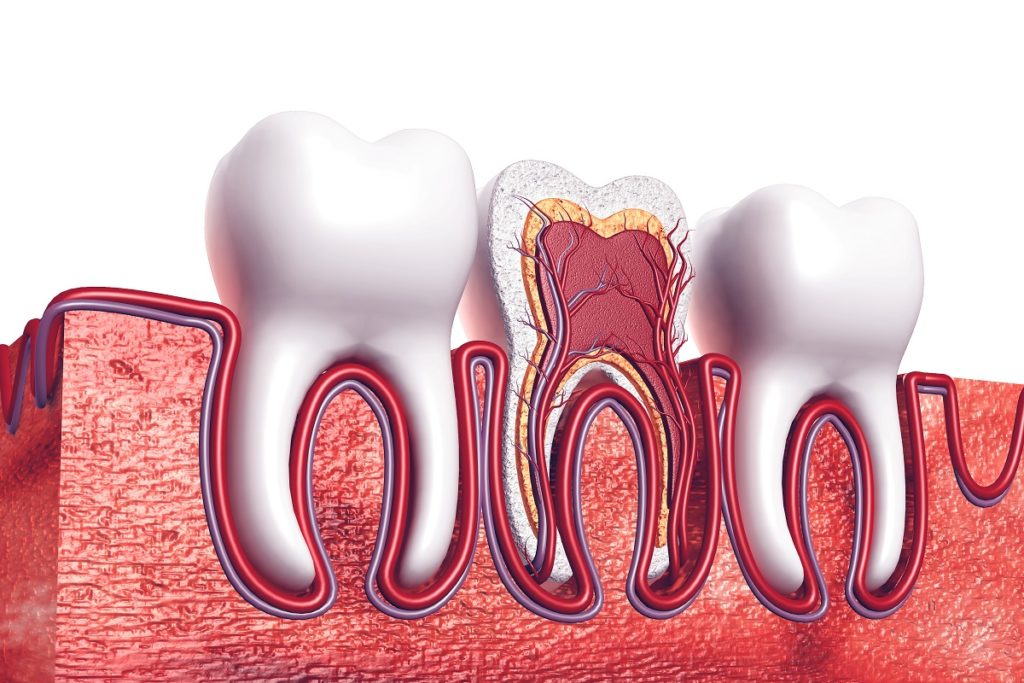In modern dental care, it seems that there is nothing that dentists cannot do.
In years gone by, missing teeth would have been treated using dentures, partial bridges or fitted bridges – all of which came with their own issues.
Fast forward to 2021, and now it is possible to have an artificial root placed into your jawbone and a false tooth or set of teeth placed on top, and the entire piece acts and feels just like a real tooth or teeth.
Known as dental implants, this restorative procedure has helped thousands of people to restore their smile and their bite. But as you can imagine, there is a check-list that your dentist will need to go through first to ensure that you are suited for having oral implants fitted. Why? Because there are a few conditions that can render you unsuitable for endosteal implants and in this article, they will be explored further.
Diabetes
Just to clarify, this is not diabetes as a whole, rather it is unmanaged or poorly managed diabetes.
To have oral implants fitted, you need to have good oral health and if you have untreated diabetes, this is unlikely. Any injuries you have may take longer than desirable to heal and you are instantly at a higher risk of gum disease – both of these will have a negative impact on having oral implants fitted.
But if you have been diagnosed with diabetes and it is well controlled, then talk to your dentist about having oral implants fitted.
Osteoporosis
As one of the most well-known, degenerative bone disorders, if you have osteoporosis, you will need to talk to both your doctor and your dentist regarding the suitability of oral implants.
As stated before, your jaw needs to be strong and healthy to support implants and if it succumbs to degeneration, it is simply no longer stable enough to support them. You may be suited to subperiosteal implants, however, so ask your dentist about having those fitted as an alternative.
Oral or bone cancer

Much like osteoporosis, you will not be able to have traditional oral implants fitted if you have either oral or bone cancer until you have finished any treatment you need to undertake.
Medications used to treat cancers will cause immunosuppression which, once again, will slow down the healing process and make you more susceptible to infection.
Gum disease
The bane of dentists and dental patients everywhere, gum disease is a sure-fire way to get any dentist shaking their head about having oral implants fitted.
Extensive or advanced gum disease can cause natural teeth to fall out and has been found to do the exact same thing to implants. So, if you have gum disease, get it under control and resolved before having oral implants fitted.
Autoimmune disorders
Like cancer, it is not the autoimmune disorder that disqualifies you from having implants fitted, but the medication can make it tricky, due to delayed healing times and susceptibility to infection.
However despite this list of provisos it is well worth asking about implants, as treatment and the variety of help available can make it viable for the majority of patients.
DISCLAIMER
Any surgical or invasive procedure carries risks. Before proceeding you should seek a second opinion from an appropriately qualified health practitioner.

